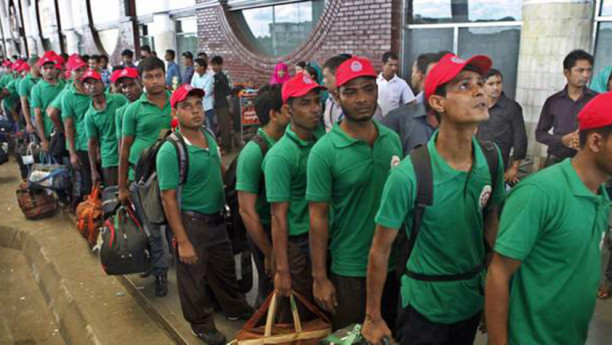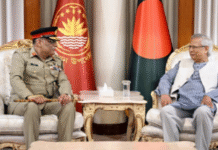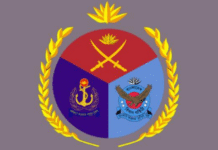Concern over monopoly, higher migration cost; hiring to begin in a couple of months

Some other agents have also come up with similar allegations, which are a matter of concern as labour relations between Malaysia and Bangladesh have always been mired in malpractices, labour exploitations and bans.
The latest twist was Malaysia’s suspending recruitment of foreign workers from all countries, including Bangladesh, on February 19 this year, a day after Dhaka and Kuala Lumpur had signed a deal over hiring workers.
The previous arrangement, G2G, did not work reportedly for lobbying by powerful syndicates in both the countries. Only some 10,000 workers were sent between 2013 and 2015 for the plantation sector.
Before that, labour recruitment from Bangladesh to Malaysia was banned since 2009 following a spell of two years of recruitment.
During that period, many companies only in papers recruited workers, who paid around Tk 2 lakh each. But thousands of them remained jobless, unpaid or underemployed. Many returned home empty-handed.
Besides, just to make money, workers were recruited and sent to Malaysia beyond the official requirement.
Malaysia in June last year announced a plan to recruit 1.5 million Bangladeshis over the next three years through private sectors. And the syndicates became active.
Malaysian media revealed that some Malaysian private companies like Bestinet, Real Time Networking and Synerflux had been lobbying both Bangladesh and Malaysian governments to win contracts to that end.
The companies — directly or indirectly — were owned by relatives of ruling party ministers. The name of Mohd Amin Bin Abdul Nor, a Bangladesh-born Malaysian citizen, came up as an influential figure playing a role behind such syndicates.
Early this year, Bangladesh Association of International Recruiting Agencies (Baira) and Bangladesh High Commission in Kuala Lumpur also warned that Malaysia’s possible appointment of a company — Synerflux — to regulate labour recruitment would establish a monopoly. The IT company appointed by Malaysia was not widely known.
An official of the expatriates’ welfare ministry said Malaysian employer’s application for recruiting Bangladeshi workers, its approval by the Malaysian home ministry and attestation by the Bangladesh High Commission in Kuala Lumpur — all would be done online.
The IT company appointed by the Malaysian government would select the recruiting agents in Bangladesh, the official said but could not specify the selection criteria.
“The cartel of 10 agents will play a role here. They will control the selection,” said a recruiting agent, wishing anonymity.
Jabed Ahmed, additional secretary to the expatriates’ welfare ministry, said they requested Malaysia to distribute the job demands among 745 Bangladeshi recruiting agents, not to any particular syndicate.
“Formation of any syndicate among the recruiting agents will certainly damage the whole process. So, we have been monitoring everything seriously in the recruitment of our people for Malaysian market,” he added.
The ministry would hold the agencies accountable if they get complaints from migrants of being charged more than TK 37,000 as migration cost, he said.
Ruhul Amin, secretary general of Baira, denied existence of any such syndicates.
“Selection of recruiting agencies depends on the Malaysian government. They may choose five or 10 agencies. It never means any syndicate to manipulate the job market,” he told The Daily Star.
Ruhul Amin claimed all licensed recruiting agents could be part of this process.
Source: The Daily Star









